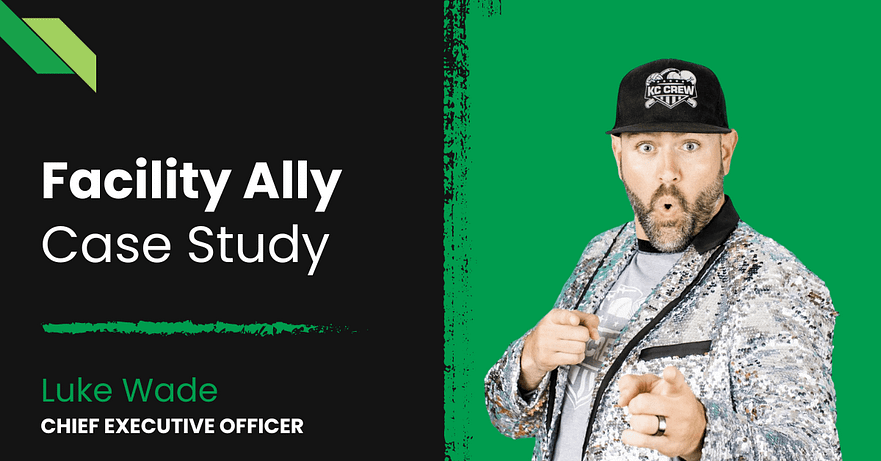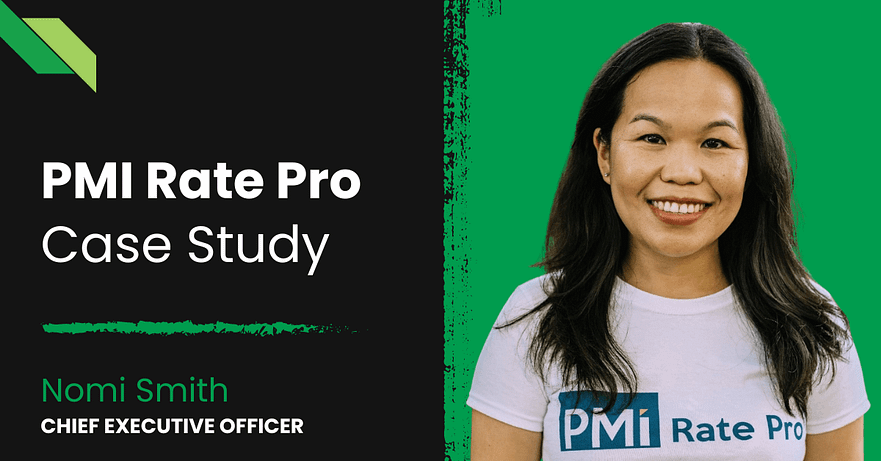What Should a Business Plan Include?
A business plan serves as a roadmap to successfully launch a business. It helps you overcome the challenges you might experience in your industry. Learn how to create and use a business plan for your startup.
One of the most fatal mistakes that aspiring entrepreneurs make in launching a startup is forgetting a business plan. You wouldn’t launch a ship at sea without establishing its routes and the direction you’ll steer it to. Without proper planning, your ship will end up adrift or worst, dramatically sink when the tides hit. And in a volatile commercial industry, the tides are constantly changing.
Avoid common startup mistakes by creating a business plan. A business plan not only strengthens your foundation but also helps you navigate the ever-changing field of business. Chances are your customers’ preferences will change over time and you have to keep up with them. Hence, a business plan also changes accordingly.
But how exactly do you create a business plan? Is there a template to follow? Should you enlist the help of other experts to write it? Today, we’ll look into what should be included in your business plan and how it should be written. The first step is by understanding what it is and what it is for.
What is a business plan?
A business plan is an official company document that breaks down all the goals of a business and how to achieve them. It basically lays out the groundwork for your idea to come alive. It’s often referred to as the “blueprint of the business”, summarizing your goals.
Although there are many ways to write it, its key point usually discusses the financial, marketing, and operational strategies of the business.
What is it for?
A business plan serves as a guide for a growing company. It’s a consistent reference for business owners and stakeholders to base critical decisions on. It’s especially useful for early-stage startups to attract investors. When a company doesn’t have a proven track record, it can lay out its full potential instead.
Not only is the business plan useful for the initial launching of a business, but it also helps with pivotal changes. Since the market is perpetually changing, it’s crucial that your plan also evolves with it. Hence, the goals and methods of achieving will be updated. In some cases, a whole new plan is created if the company wants to drastically move in a new direction.
What’s included in a Business Plan
Although there’s no fixed formula for writing a business plan, there are some identifiable key points. These are generally the items factored in its creation:
1. Executive Summary
The executive summary outlines the whole plan. You start with a clear introduction of who you are, what you sell, and what your ambitions are as a business. This section includes your mission statement, product description, and the basic overview of your company’s structure. It should also include your financial plans.
2. Business Description
The business description provides detailed information about your industry. It must describe its current outlook as well as its profit potential. You will go into detail about your target market and other organizations or businesses you cater to. Also, this section briefly discusses what problem the business is trying to solve.
3. Market Analysis
A business must have a firm understanding of its target market and should be able to prove its sustainability. The market analysis provides trends and studies about the target consumers—their size, demographics, buying power, and frequent activities. This section also touches briefly on the competitors.
4. Product Development
Investors need a clear idea of how you would create and maintain your product. The development plan section contains the details of the product’s design; its production methods, lifecycle, marketing, and development budget. This includes the overall strategy of how it will be sold in the market.
5. Marketing Strategies
The product is only as good as how much it will sell. Therefore, this section describes how you will present your products and services to the market. This will discuss your marketing campaigns, distribution channels, and types of media you’ll tap into. You will summarize how you intend to reach your customers and pitch your products to them.
6. Operations and Management
Your investors need an overview of how the business functions. The operations plan highlights the logistics of the company such as team responsibilities, division tasks, and operational expenses. This helps track down who is responsible for certain areas of the business. Including specific software that you are interested in using for operations makes it easier to estimate the costs involved. For example, adding help desk tools that you know will work well in your business as well as elevate customer service and improve relationships.
7. Financial Plans
Money mobilizes the idea. Hence, it’s important to keep an accurate record of where it’s going. This section shows the company’s monetary plans and its future projections. This includes financial statements, balance sheets, and third-party business transactions. For startups, it will mostly contain the target profit and estimates of expenses.
Tips on Writing a Business Plan
Now that we have an idea of the business plan template, it’s time to learn how to write it effectively.
Here are some things to keep in mind when you’re writing one for your business.
- Keep it concise. It serve as a guide for the company and the investors. It needs to be easy to understand and direct to the point. You can’t afford to waste a reader’s time by creating a 100-page business plan. Instead, aim for a summarized version of your plan, only highlighting the important points and outlining the rest.
- Avoid jargon. Ensure that everyone, especially investors, can understand your business plan. Do not include complex jargon in your content. Save the technicalities for the experts and simplify the terms in explaining your ideas. If in need, you can apply the paraphraser to quickly elevate the text’s readability.
- Keep it up-to-date. As previously mentioned, business plans are not static. Over time, a lot of things in the industry will change and might make your original plans obsolete. Frequently update your business plan according to what’s new in the field and with new methods you’re employing. Remember, a business plan is only useful if it’s still relevant.
Build your Business
Business plans are important when you’re starting your business from scratch. However, the success of your business still heavily relies on their execution. A lot of startups fail because they can’t push through with what was proposed in the business plans.
More than just articulating your ideas, you need to do a lot more to make them come to life. For one, you’ll need the capital to kick things off and make everything operational. Second, you’ll need to hire the best people to run your operations. Lastly, you have to find investors to sustain your business.
One way to ensure that your business plan is properly executed is by enlisting the help of business experts. Full Scale is an offshore software development company that specializes in helping startups.
We can provide the talent and resources needed to begin your operations. Whether you need project managers, marketing specialists, or technical experts; we’ve got them all. We’ll take care of all the processes of recruitment and management so you can focus on your core competencies.
Ready to begin your entrepreneurial journey? Get your FREE consultation today!



